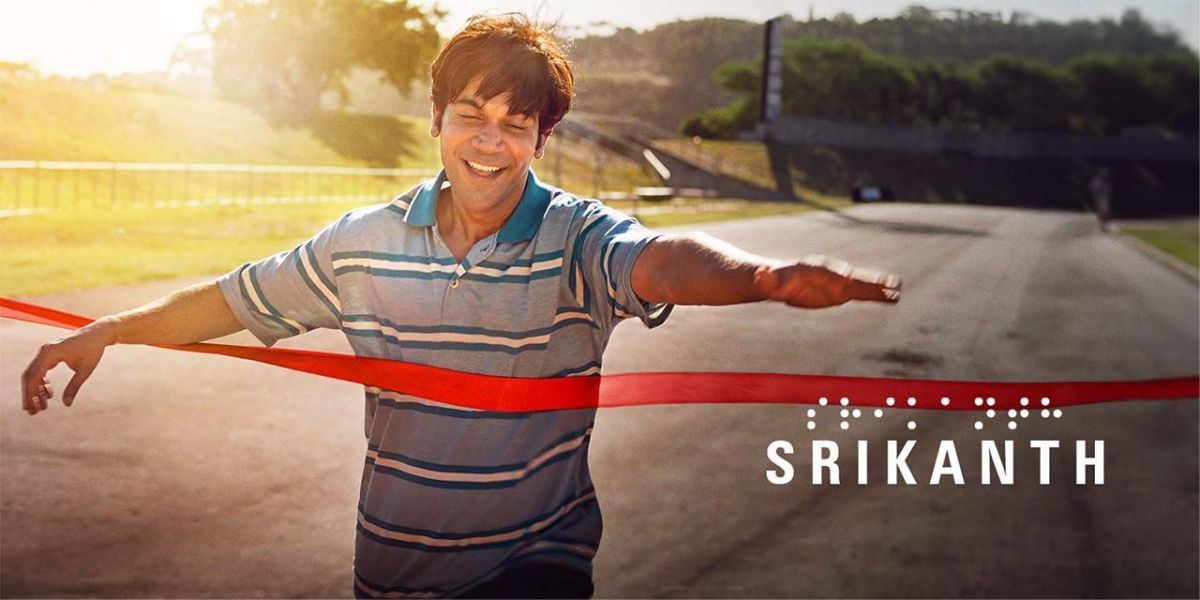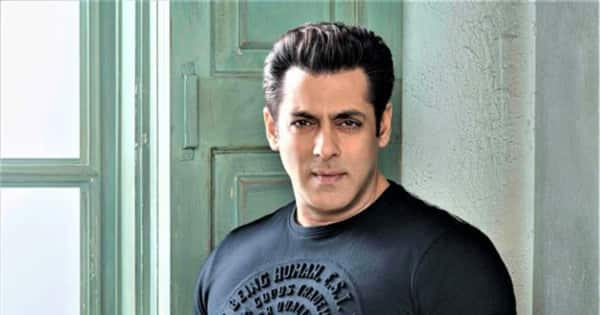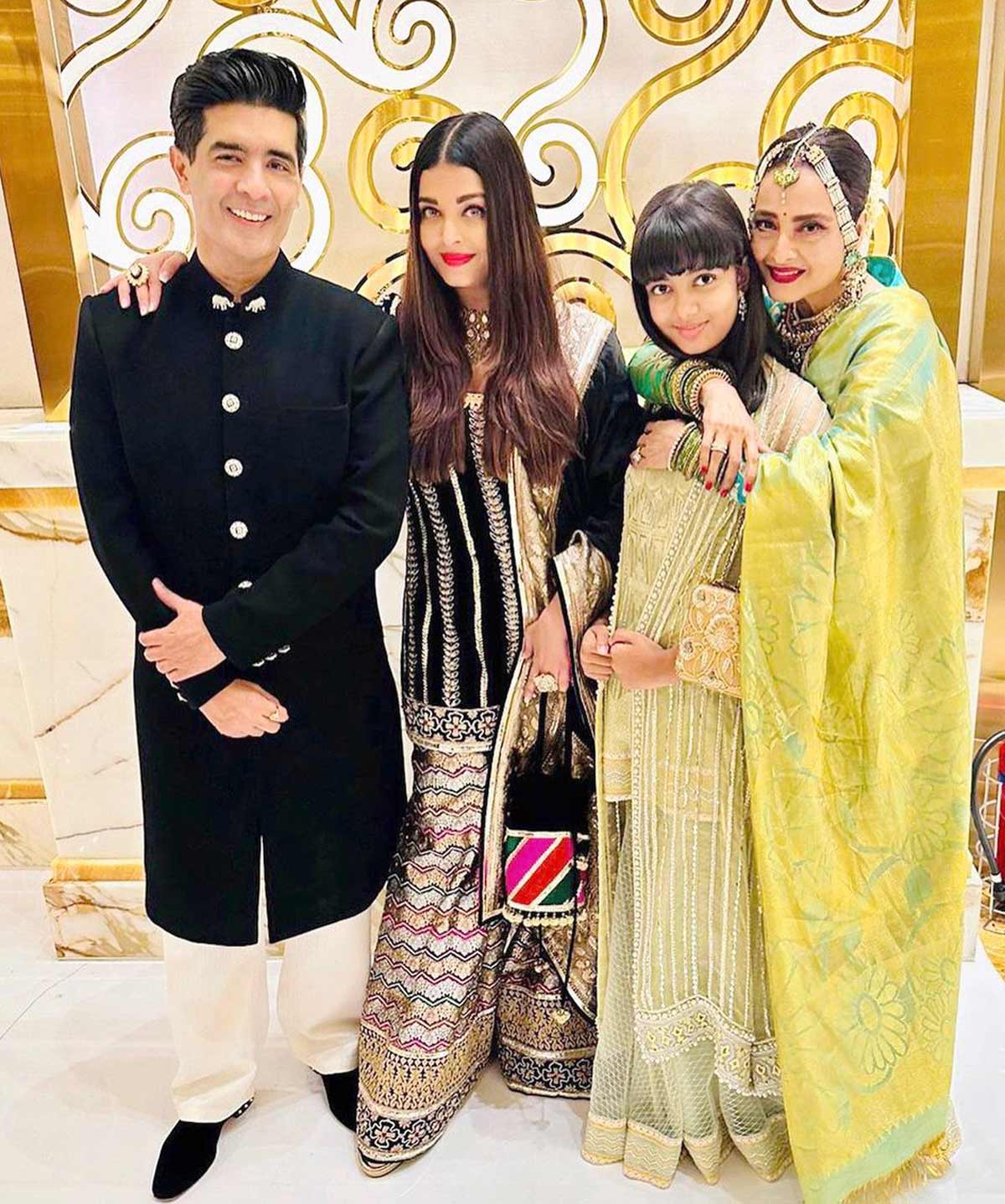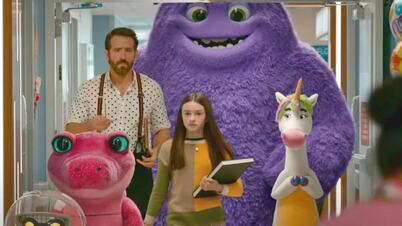Dreaming big doesn’t require eyesight; it demands great vision. Rajkummar Rao and director Tushar Hiranandani honor Srikanth’s life philosophy. The film subtly portrays Srikanth Bolla’s frustration with people hyphenating his lack of eyesight with his success.
Rating: ⭐️⭐️⭐️ ( 3 / 5)

By Mayur Lookhar
A modest man from the fields of Machilipatnam (Andhra Pradesh) is overjoyed at becoming a father. He arrives at his humble abode, brimming with excitement. Holding the child in his arms, he proudly declares that he’s naming him after the swashbuckling Indian cricketer Srikkanth. However, he can’t comprehend why the family is so quiet. One family member urges him to look at the child first, and that is when it dawns upon the poor man that his baby boy is born blind. (For the record, the popular Indian cricketer had suffered damage to one eye after being struck by a bouncer from the great Pakistani bowler Wasim Akram).
In a fit of sorrow, the inebriated father is on the verge of burying his newborn but is persuaded by the distraught mother to stop. A few years later, he’s taunted by a village bully who jeers, predicting that all he’ll ever do in life is beg. Years later, Srikanth (Rajkummar Rao) is expelled from a local school for the blind, thrown onto the street with his walking stick snatched away. It’s only in these poignant moments that you find yourself tearing up a bit.
Before the release, Rao and Srikanth Bolla had made it clear that this film is not about lack of eyesight, but about a man with great vision. How do Srikanth and his peers perceive their lack of eyesight? There is a recurring theme across different eras that truly enlightens the viewers. First, when a young Srikanth arrives at the local school for the blind, where a senior asks if he is fully blind. He nods, and in response comes the uplifting remark, “De taali” (clap hands). These scenes are echoed years later when Srikanth welcomes two blind twin boys to the school, eliciting applause both on and off the screen.

So, if these special beings don’t view themselves negatively, why should we mere mortals disrespect them by showing sympathy? That is the very essence of Srikanth, the film. Industrialist Srikanth Bolla’s success story is well etched, but director Tushar Hiranandani and his writers Jagdeep Siddhu and Sumit Purohit subtly weave in Srikanth Bolla’s frustration at still being empathized for his lack of eyesight. Not that Bolla is seeking any validation, but most mere mortals lack the foresight to look beyond Bolla’s blindness, often hyphenating it with his life-success story.
“Don’t place blind faith in us. Hum aapko bechke khajayenge (We will sell you off),” Srikanth remarks cheekily. He also reminds us all not to expect any dua (blessings) by helping the Srikanths of the world. The best thing you can do for them is simply treat them as normal beings and provide equal opportunities.
Interestingly, Srikanth’s frustration mounts further following his success, leading to strained relationships with his dear ones, notably his best friend and business partner Ravi [Sharad Kelkar]. His girlfriend Swathi [Alaya F] is unimpressed by his mistreatment of Ravi, his financier Venugopal Rao, and his slight distancing from his mentor-teacher Devika [Jyotika]. Such revelations are typically glossed over in Bollywood biopics.
Hiranandani’s earlier works, Saand Ki Aankh [2019] and Scam 2003 [2023], attest to his aversion to hagiography. From hurting his loved ones, Mahesh, his childhood bully, to being swayed by local political support at one point, Hiranandani asserts that every aspect shown in the film is true. It’s what sets Srikanth apart as a biopic, portraying not just his success, but also his willingness to confront his flaws, making it distinct from typical Bollywood hagiographies.

In a film where lack of eyesight isn’t seen as a weakness, judging Rajkummar Rao’s portrayal of blindness would be futile. Many rush into comparisons, particularly recalling Patty Duke’s Academy Award-winning portrayal of Helen Keller in The Miracle Worker [1962]. Al Pacino, who won an Oscar for Scent of a Woman [1992], is also remembered. Vittorio Gassmann received the David Di Donatello award for Best Actor and also garnered acclaim at Cannes for his role in the original film Profumo di donna [1974].
Rani Mukerji’s performance in Black (2005) is considered an anomaly. Such roles were rarely explored, with disabilities often treated humorously in comedy films or, in the case of serious Bollywood drama, actors would hide behind dark shades, which came off as pretentious. It wasn’t until Kumud Mishra’s tour de force in the unheralded film Nazar Andaaz (2022) that the perspective around such characters in Hindi entertainment began to change.
Rao ditches the shades completely and wears blind prosthetic lenses throughout the film. For Rao, it was only natural to play an Andhra-based character. The acclaimed actor does well in bringing out the vision of Srikanth Bolla. Whether it is junior college principal, or the local lawyer in court, Rao is particularly impressive in winning over the Doubting Thomases. He doesn’t mock the naysayers but simply uses Srikanth’s wit to open their eyes. “Aa raha hai sabki aankhen kholne” (He is coming to open everyone’s eyes). Isn’t that the film’s motto? Not only do Doubting Thomases see the light, but even the viewers are enlightened.

In reality, the recognition has been sparse. In the film, here’s Rajkummar playing a character who is presented an award by Rao’s mentor Hansal Mehta, and he finds himself returning the award. Nevertheless, it’s a surreal moment for Rao. No popular awards can match this. While Rao largely does justice to his character, Srikanth’s vision, there are moments where Rao lets slip the light Telugu-accented Hindi. Nevertheless, it is another inspiring performance by Rao.

Bombay-born Jyotika, a prominent figure in Telugu cinema, made a successful comeback to Hindi films this year. Jeez, watching her first in Shaitaan (2024) and now in Srikanth, it’s hard to believe that she was ever away from Hindi cinema for long. Devika is a near god-like figure for Srikanth. If she hadn’t taken Srikanth under her wings, there wouldn’t be any Srikanth Bolla story. The guru-shishya bond is deemed sacred in Indian culture. Without diverging from it, Hiranandani and his writers depict the Devika-Srikanth bond as one full of trust, but it also has its banter. In one such scene, Srikanth and Devika both cheekily claim credit for an idea. The final nameplate of their coaching center reads ‘Sri-Devi.’

Despite his intimidating personality, Sharad Kelkar portrays sensitivity as Ravi, Srikanth’s best friend. Srikanth uses harsh words, Ravi though never loses his cool. As always, Kelkar delivers a flawless performance.

Alaya F has limited screen time. She is fairly competent, but the Swathi-Srikanth relationship plays out in an academic manner, without delving into depth. We see a similar dynamic between Rao and his on-screen parents. Meanwhile, Gullak [web series] fame actor Jameel Khan offers a refreshing portrayal of the late president Dr. A.P.J. Abdul Kalam.
Hiranandani adopted a more organic approach in narrating his previous biographical works. It would be wrong to call it a rushed screenplay, but with Srikanth [2024], he opts for a staccato-style narrative, which is perhaps more palatable to the desi taste.
The playback music takes a back seat here. The classic Papa Kehte Hai song though never loses its cultural significance. The focus in such a story is on the human element. So, one doesn’t really pay attention to the production design or cinematography. However, there is one long shot of a little village bus atop a tiny bridge that really stands out.
At just over two hours, Hiranandani and his writers do well to encapsulate the Srikanth Bolla story and his message. We reiterate, people like Srikanth don’t need our empathy, but equal opportunities and respect. You don’t necessarily have to help the Srikanths cross the roads unless they are comfortable with it. However. we still need to pave the way for the millions of Srikanths to achieve their dreams. The first change has to stem from a change in attitude. So, the next time your vehicle stops in front of a pedestrian, never call him/her andha.
Srikanth [2024] is set to be released in theaters on 10 May.
Watch the video review below.












